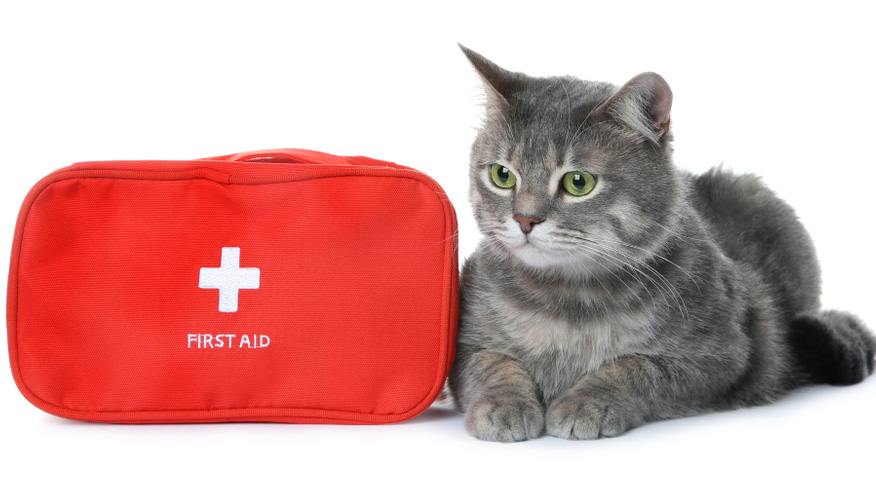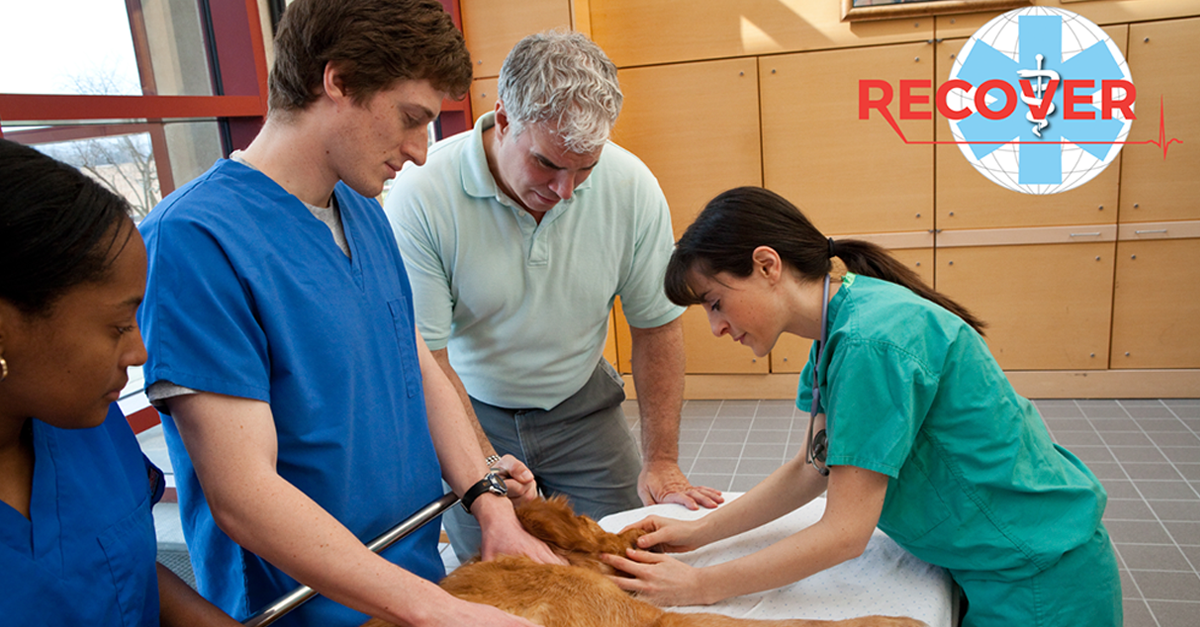3 Things to Know in the New Age of Standardized CPR Training
Dr. Daniel Fletcher reviews the process behind creating standardized CPR guidelines, the RECOVER Initiative, and new, exciting ways to get...
2 min read
Abby Crimm : June 17, 2019 9:39:07 AM PDT

Veterinary technicians sometimes feel underutilized and unfulfilled at work. Standardized CPR training may be one solution to an elevated future for the veterinary profession.
Many veterinary technicians may feel frustrated, not just during a chaotic CPR effort that goes bad but also when they feel underutilized in their practice for the amount of education they received. That chaos and frustration may be transformed to order and fulfillment as standardized CPR training improves effectiveness and satisfaction in the veterinary profession.
That is what happened for Kenichiro Yagi, RVT, VTS (ECC, SAIM), MS, a veterinary technician who discovered the standardized CPR guidelines back in 2012 and is now the project manager at the RECOVER Initiative.
#1: Improves Team Effectiveness
As part of the Quick Cup of Knowledge series, the video “CPR” features Yagi describing some of the experiences he’d had before RECOVER—needing to perform CPR on a patient when people present hadn’t worked together before or the protocol wasn’t standardized and clear. These experiences were filled with chaotic shouts, confusion, lack of communication, and a decrease in morale when the patient didn’t survive.
Jump forward to after the implementation of standardized CPR guidelines at Yagi’s practice, and the success rate of CPR increased substantially. He says the experience was completely different.
#2: Furthers Your Career
Not only that, but through his passion for the RECOVER Initiative Yagi was able to elevate his career and make a difference in the veterinary community. After implementing the training in his own practice, he later joined the RECOVER Initiative team and is now the project manager there.
He was able to elevate patient care and his career, and the great thing is that veterinary technicians anywhere can easily become certified rescuers and instructors, making them more valuable and utilized in their practices. This will inevitably lead to more satisfaction and fulfillment at work, adding sustainability to your career.
#3: Saves More Patients
And lastly but most importantly, standardized CPR saves more patients, period. What better way to elevate the standards of the profession and boost morale in a practice than to see more success?
Yagi explains how the RECOVER Initiative offers high-quality CPR certification—first with online training followed by hands-on training at WVC to be a certified rescuer. Plus, there is an option to get certified as an instructor so you can return to your clinic and train your whole team. CPR is such a team-based effort, having everyone trained in the standardized, evidence-based processes is crucial to saving more patients.
Yagi’s passion for improving care in order to save more animals is obvious. No doubt he is similar to countless other veterinary technicians who want to elevate the profession and feel more fulfilled at work. Technicians who team up with RECOVER and WVC to update their CPR certification can do just that.
Learn more about CPR certification and other CE courses like it at the Veterinary Technician Symposium happening this September.
Stay in the Know!
Click the link to subscribe to our YouTube channel or check out the FREE WVC Resource Library full of great podcasts, videos, and digital downloads!
Disclaimer
Content may contain advertising and sponsorships. Advertisers and sponsors are responsible for ensuring that material submitted for inclusion is accurate and complies with applicable laws. We are not responsible for the illegality or any error, inaccuracy or problem in the advertiser’s or sponsor’s materials.
Advertising and sponsorship material and/or opinions are not are not a reflection on Viticus Group.

Dr. Daniel Fletcher reviews the process behind creating standardized CPR guidelines, the RECOVER Initiative, and new, exciting ways to get...
.jpg)
While the COVID-19 pandemic has dramatically changed the way veterinarians interact with patients and pet parents, it hasn't seemed to slow the need...

Horses have a unique gift of intuitively helping people heal and reconnect with their purpose in life.